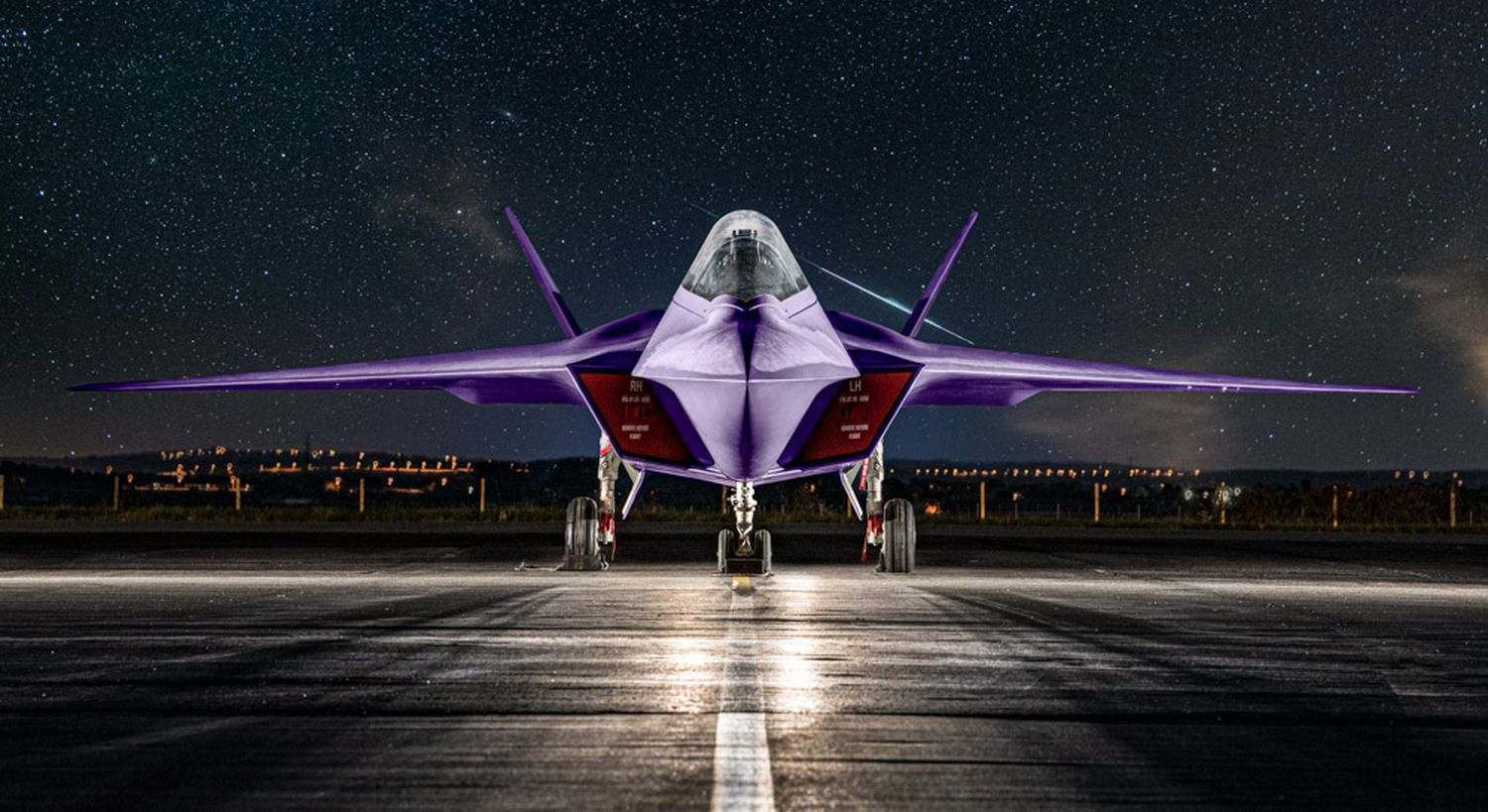FCAS and Tempest programs to eventually merge
At least that is what the head of the Italian Air Force, General Luca Gorett, thinks, as he expressed it last Tuesday before the parliamentary defense committees.
The 2 European programs to develop the 6th generation air combat systems, the Tempest and the Future Combat Air System (FCAS) are running in parallel for now and are future competitors, but in a few years this situation could change.
The FCAS program involves Spain, Germany and France; while the Tempest team consists of the United Kingdom, Italy and Sweden.
As reported by Reuters, General Gorett commented that Italy joined the Tempest program because it felt it could play a greater role than in the FCAS program.
Goretti also noted that since the two programs are currently in their «conceptual phase,» it is normal that, in this initial period, each country evaluates options in terms of technology.
«But it is natural that these two realities merge into one, because investing huge financial resources in two equivalent programs is unthinkable,» Goretti told members of the parliamentary defense committees.
While Britain is working on Tempest with a view to replacing its Eurofighter Typhoon aircraft from 2040, France, Germany and Spain are working on the rival FCAS project to replace the French Rafale and German and Spanish Eurofighters by the same period.
European military and industrialists have often speculated that Europe might end up with a single program to pool limited budgets and avoid a repeat of the damaging effects of competition in the past.
From a logical perspective, «there is strength in numbers». Combining budgets and capabilities, for the European NATO member countries (plus Sweden), makes a lot of sense and would maximize efforts.
But experts also warn that any agreement to combine these strategic combat systems remains a long way off, as companies consolidate their positions in existing programs and Brexit remains a fresh political and diplomatic wound.
In addition, analysts see the recent trilateral security pact between Australia, the United States and Britain, known as AUKUS, as another obstacle to meaningful cooperation on defense projects designed by and for Europe.
In fact, the UK is trying to convince Japan to abandon its F-X program, which seeks to create a Japanese sixth-generation fighter jet, to join the Tempest team, which would reinforce its strategic objectives in the Pacific area, in line with the interests of AUKUS members.
And if we take into account the moments of great tension suffered by the FCAS program due to the discussions between France and Germany over workload sharing and intellectual property, it becomes clear that the merger desired by Rome could be really difficult to harmonize.




Comentarios
Para comentar, debés estar registrado
Por favor, iniciá sesión